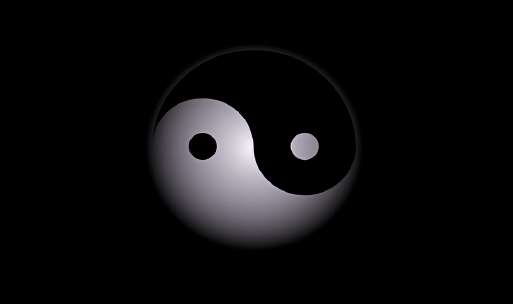This is a general elective course offered for students in science and technology university. It is also a course generated in the collision between my Chinese way of seeking Dao and the western way of seeking truth of my departed friend, professor Gong Rong, an academic English expert. Therefore, the course includes both Daoist elements introduced according to the characteristics of science students and the perspective of Chinese and western way of seeing the world.
Laozi is a household name in China and is also well known abroad. Chen Rongjie, president of the American Association for Asian Studies and Comparative Philosophy, said, “Chinese civilization and the Chinese character would have been utterly different if the book of Lao Tzu had never been written. No one can hope to understand Chinese philosophy, religion, government, art, medicine—or even cooking—without a real appreciation of the profound philosophy taught in this little book.”
In the West as well, the value of Dao De Jing, written by Laozi, has been long appreciated. It is the most widely circulated and published work after the Bible. In America, it attracted widespread attention during the 20th century. Statistics show that the wave of research and translation of the Dao De Jing was concentrated mainly in the United States.
Eugene ONeill is widely considered the foremost American playwright of the 20th century and the father of American drama. He is the only American playwright to receive the Noble prize for literature and a four-time winner of the Pulitzer Prize for drama.
So, what is the connection between Laozi and Eugene ONeill?
The American critic Frederic Carpenter views Orientalism as one of most important and distinctive aspects of O’Neill’s art. Among Eastern schools of thought, the influence of Chinese Daoism is profound and lasting. In 1932 O’Neill expressed his preference for this particularly esoteric philosophy in this way: “The mysticism of Lao-Tse and Chuang-Tzu probably interests me more than any other Oriental writings”. He used his plays as media to explore his own Daoist attitude.
In this course we will study the acceptance and variation of Laozis thought in Eugene ONeills plays, and through the comparison of core values in Chinese and Western culture in his plays, we are bound to rediscover Daoist wisdom in the context of interculturalism. I’m sure that as we follow Laozi in his “journey” through the Western world, we will better understand and appreciate our own heritage and be able to promote the development of our own culture on the international stage.
…
